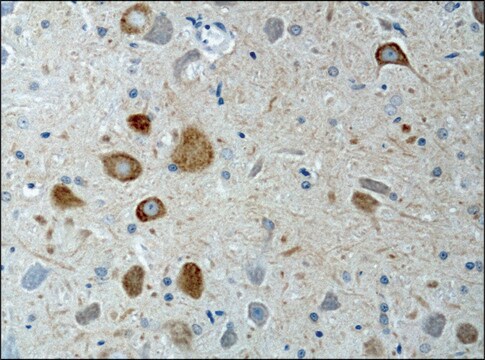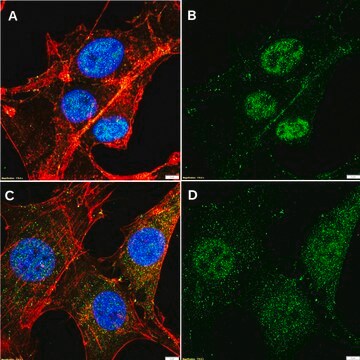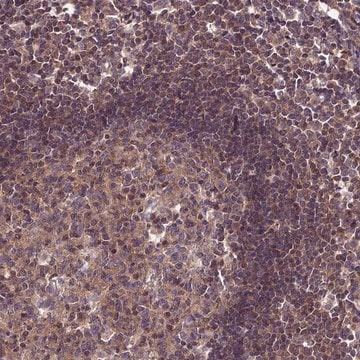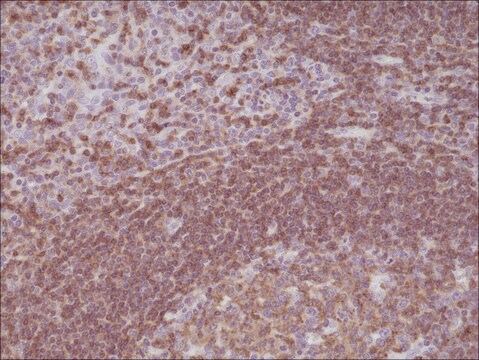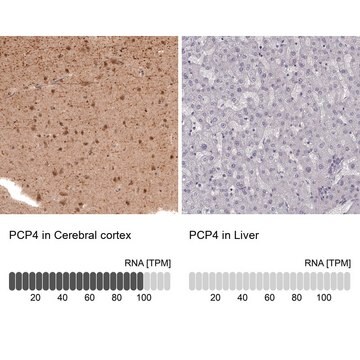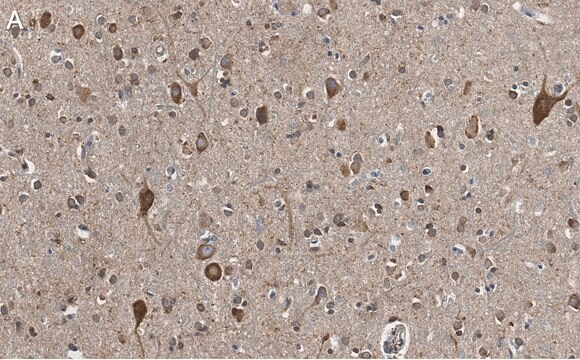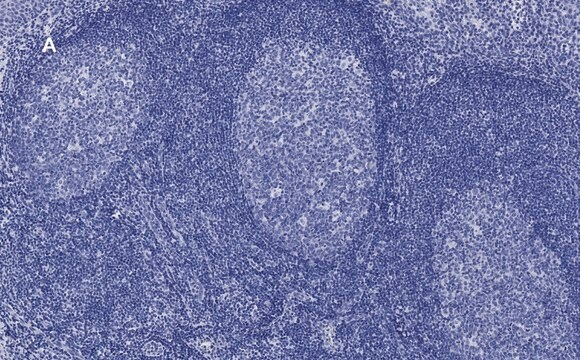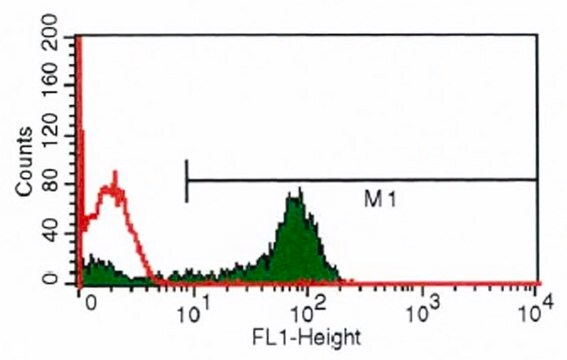SAB4200530
Anti-ZNF746 antibody produced in rabbit

~1.0 mg/mL, affinity isolated antibody
Sinónimos:
Anti-Parkin-interacting Substrate, PARIS
About This Item
WB
western blot: 1.0-2.0 μg/mL using using rat brain extracts (S2 fraction) and NIH3T3 fibroblast cell extracts.
Productos recomendados
biological source
rabbit
Quality Level
conjugate
unconjugated
antibody form
affinity isolated antibody
antibody product type
primary antibodies
clone
polyclonal
form
buffered aqueous solution
mol wt
antigen ~90 kDa
species reactivity
rat, mouse, human
enhanced validation
recombinant expression
Learn more about Antibody Enhanced Validation
concentration
~1.0 mg/mL
technique(s)
indirect immunofluorescence: 2.5-5.0 μg/mL using SH-SY-5Y cells.
western blot: 1.0-2.0 μg/mL using using rat brain extracts (S2 fraction) and NIH3T3 fibroblast cell extracts.
UniProt accession no.
shipped in
dry ice
storage temp.
−20°C
target post-translational modification
unmodified
Gene Information
human ... ZNF746(155061)
mouse ... Zfp746(69228)
rat ... Zfp746(312303)
General description
Immunogen
Application
Biochem/physiol Actions
Physical form
Disclaimer
¿No encuentra el producto adecuado?
Pruebe nuestro Herramienta de selección de productos.
Storage Class
10 - Combustible liquids
flash_point_f
Not applicable
flash_point_c
Not applicable
Elija entre una de las versiones más recientes:
Certificados de análisis (COA)
¿No ve la versión correcta?
Si necesita una versión concreta, puede buscar un certificado específico por el número de lote.
¿Ya tiene este producto?
Encuentre la documentación para los productos que ha comprado recientemente en la Biblioteca de documentos.
Nuestro equipo de científicos tiene experiencia en todas las áreas de investigación: Ciencias de la vida, Ciencia de los materiales, Síntesis química, Cromatografía, Analítica y muchas otras.
Póngase en contacto con el Servicio técnico